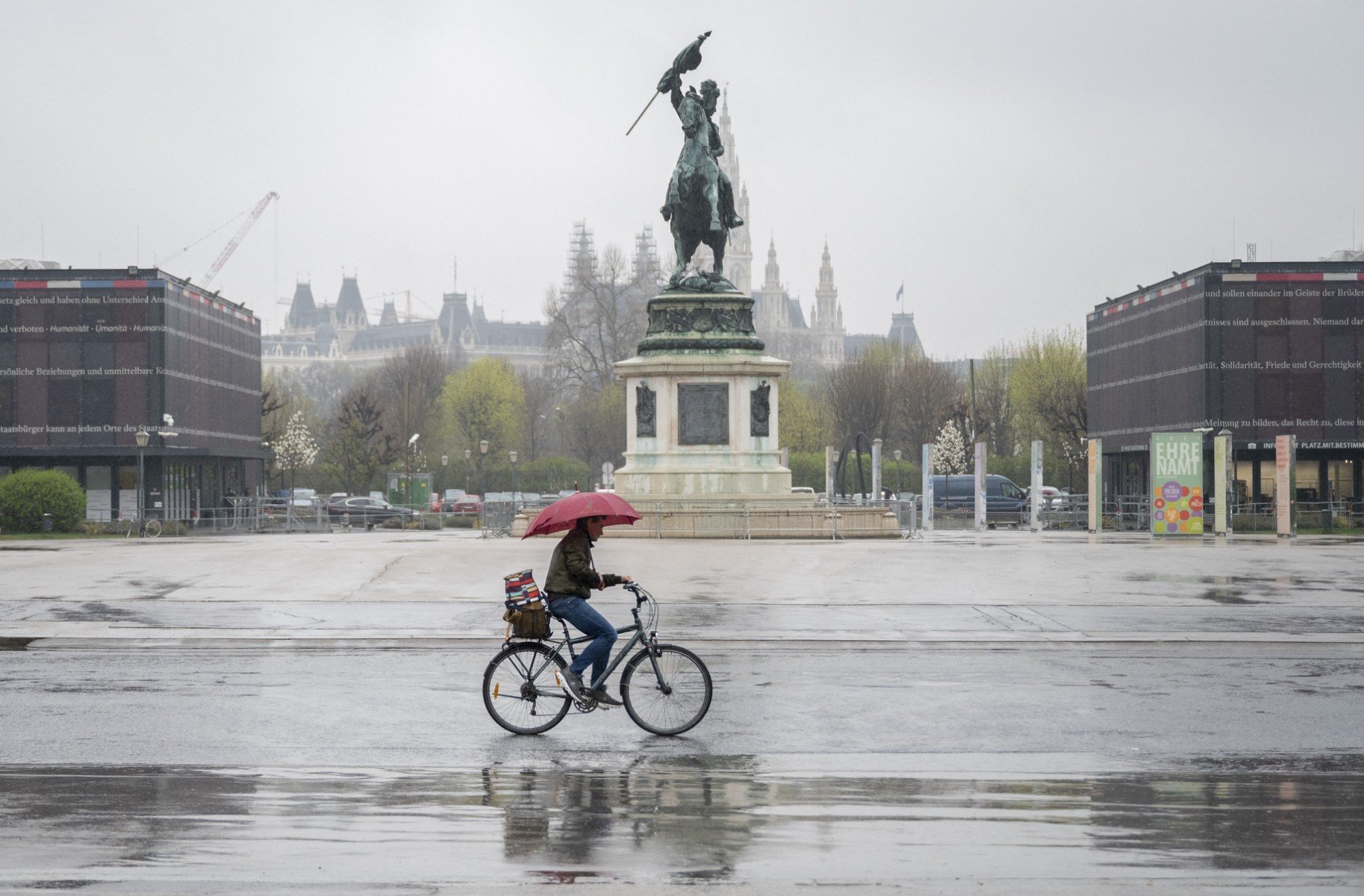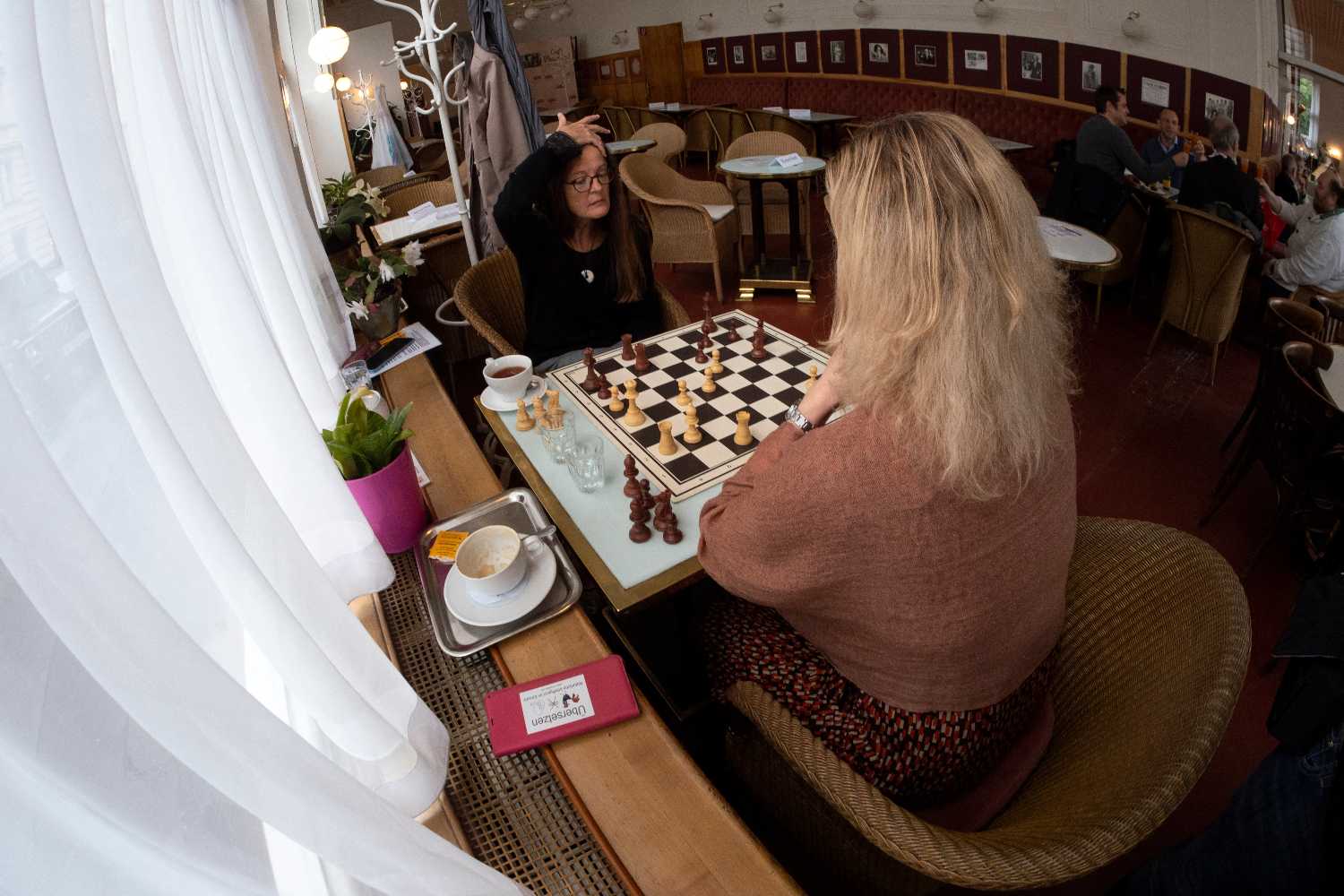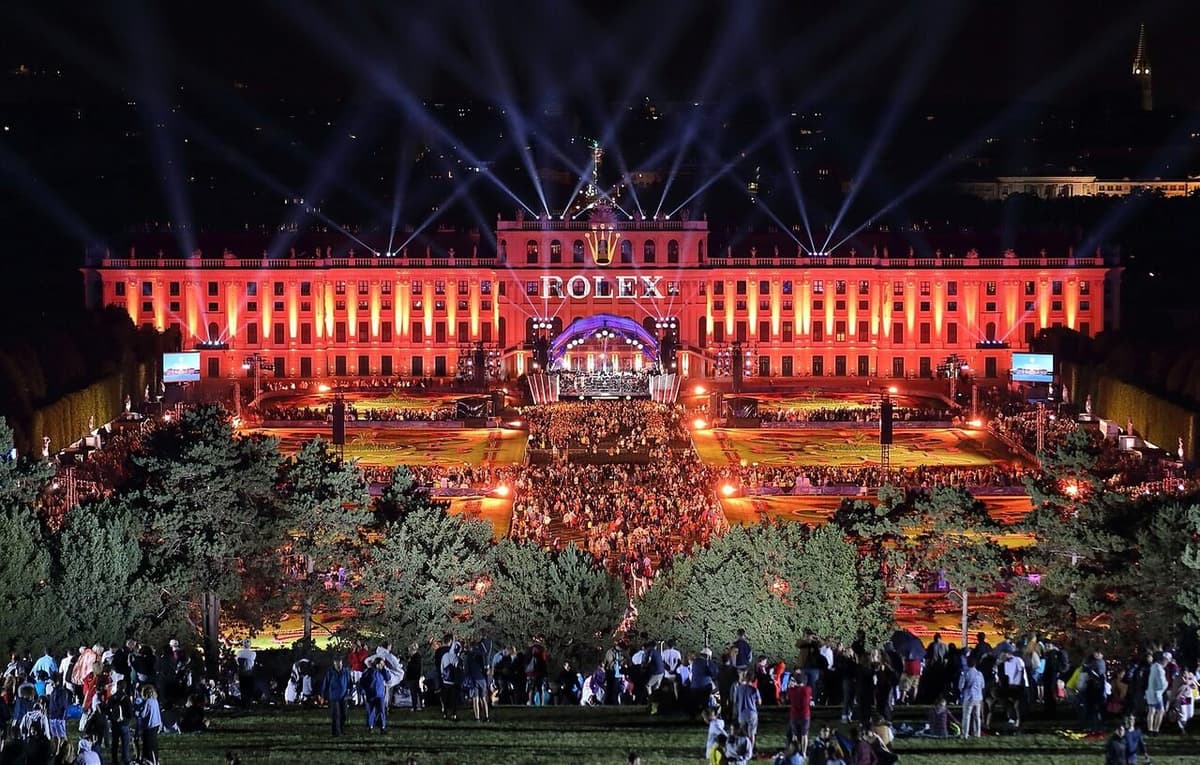Even relocation websites for "expats" heading to Vienna warn that new arrivals might be bored.
"You are limited in activities and services. There is a pretty common misconception among the international community that Vienna is a boring city," one website wrote in an article title "5 common problems for expats".
It is not uncommon for international residents in Vienna to complain about the lack of activities and events, as well as the unfriendliness they encounter from locals in the capital city.
But is this fair or can it be explained simply by foreign residents failing to integrate, or not having a good enough level of German to make the most of the city?
The reality is Vienna is famous for its cultural events and it offers a wide range of alternatives in terms of theatre, cinema, festivals, music gigs, discussion panels, dancing classes, fairs, and many other activities. Some of these events require a certain level of proficiency in German and some knowledge of where to find them.
In an ideal world, a local person would guide you to interesting events, but the difficulties in getting to know locals are another reason why foreigners sometimes find Vienna boring.
READ ALSO: 'Everything must be scheduled' - How to make friends in Vienna
Viennese are often known, even among other Austrians, for their perceived unfriendliness and the so-called Viennese grumpiness or Wiener Grant in German.
Sara, a reader from Italy, lived in Vienna for several years but eventually decided to move back to Italy because she never truly felt like she belonged in the city.
“I was so bored. I had a basic understanding of German, but it wasn't enough to fully enjoy the cultural events, and my demanding job in English left me with little time to improve. People were also often rude, and I struggled to find friends," she said.
Another reader, Paul from Spain, had a similar experience.
“I was accustomed to the many events in Bilbao, but in Vienna, I didn't know where to find them. I felt restless," he said.
READ ALSO: The essential articles to read if you are moving to Vienna
Small town feeling
If you are an expat accustomed to bigger cities, even Vienna with its two million residents can sometimes feel like a small town with fewer entertainment options compared to European metropolises such as Berlin, Paris, and London. On top of this, the country closes down on Sundays. Almost all shops are closed and even the liveliest commercial streets seem like part of a ghost town.
Sara used to live in London before moving to Vienna and missed the 24/7 access to whatever she needed.
“I felt like everything just died on Sundays in Vienna but also on weekdays after 7:00 pm. I was used to do my grocery shopping late at night and afterwards meeting friends in a bar, but in Vienna most places were not open so long," she said.
Long winters without snow
Another factor that seems to be a struggle for expats in Vienna are the winter months. Winters in Vienna are not always considered mood-enhancing, since they are long and rarely offer a glimpse of a beautiful snowy landscape. The snow that falls in the capital never lasts long and almost immediately turns into mud, which many expats find unpleasant.
Spanish reader Paul is one of them.

“I am fine with long winters, but not if they involve a lot of grey weather, mud and almost no snow. I had expected to see some white ground here but no," he said.
But perhaps there are solutions to stave off the boredom.
Look for events that don't require a high level of German
It's common for expats to believe that a high level of German is necessary to participate in certain events, but the reality often differs. When attending fairs, exhibitions, or music events, basic German and decent English are usually sufficient. Many events in Vienna also provide English explanations, which is especially common in exhibitions.
There are numerous platforms available in English that can guide expats through current events and indicate whether the event is in English or not. One of these platforms is Eventbrite, where you can search for various events and specify particular dates in the search field. The Local also lists cultural events in the capital each month as well as articles for ideas on what to do in the city.
Regarding Viennese winters, which are not known for being very snowy or picturesque, you may need to travel outside of the city to experience proper snowfall. However, even while living in Vienna, there are many nearby alternatives for snow activities such as skiing. One example is the town Semmering, where you can either visit the ski resort or enjoy a ski tour by walking up the mountain.
READ ALSO: Does Vienna deserve its reputation for being great to live in but really unfriendly?
Be patient with the locals
Since the Viennese have a reputation for being unfriendly, expats may tend to listen to these stereotypes without giving the locals a chance. However, the Viennese are also known for forming long-term friendships once the initial barrier is broken. The wait might be worth it, and it's important to remember that everyone is different. It is also important to mention that Vienna is also home to Austrians from other parts of the country, and they may be more open to new friendships, as they are also away from their home regions.
While waiting for Viennese people to open up, you can engage with the large expat community in Vienna, where many people are looking to make new connections and share their free time with others.

Another way to find your community is by connecting with like-minded people. Pursuing your hobbies is a great way to meet others who share your interests, both locals and internationals. Friendships can naturally develop from there. Many hobbies also don't require specific language skills; for example, activities like climbing, painting, or cooking.
While getting to know more people, the likelihood of receiving information about current events and happenings increases. It's important to always ask those around you for recommendations.
Learn a bit of German
Whether an foreigner's experience of living in Vienna is fun or not probably depends on them.
But one thing is for sure: learning some German will help. It will open the doors to deeper friendships with the locals and their communities and enable participation in various events and cultural happenings without constantly worrying about the language barrier.
READ ALSO: How to get free vouchers to learn German in Vienna
Vienna offers many institutes where you can sign up for language courses. They often provide flexibility in terms of schedules, and sometimes it's possible to receive sponsorship from the state or employers.

Join the conversation in our comments section below. Share your own views and experience and if you have a question or suggestion for our journalists then email us at [email protected].
Please keep comments civil, constructive and on topic – and make sure to read our terms of use before getting involved.
Please log in here to leave a comment.